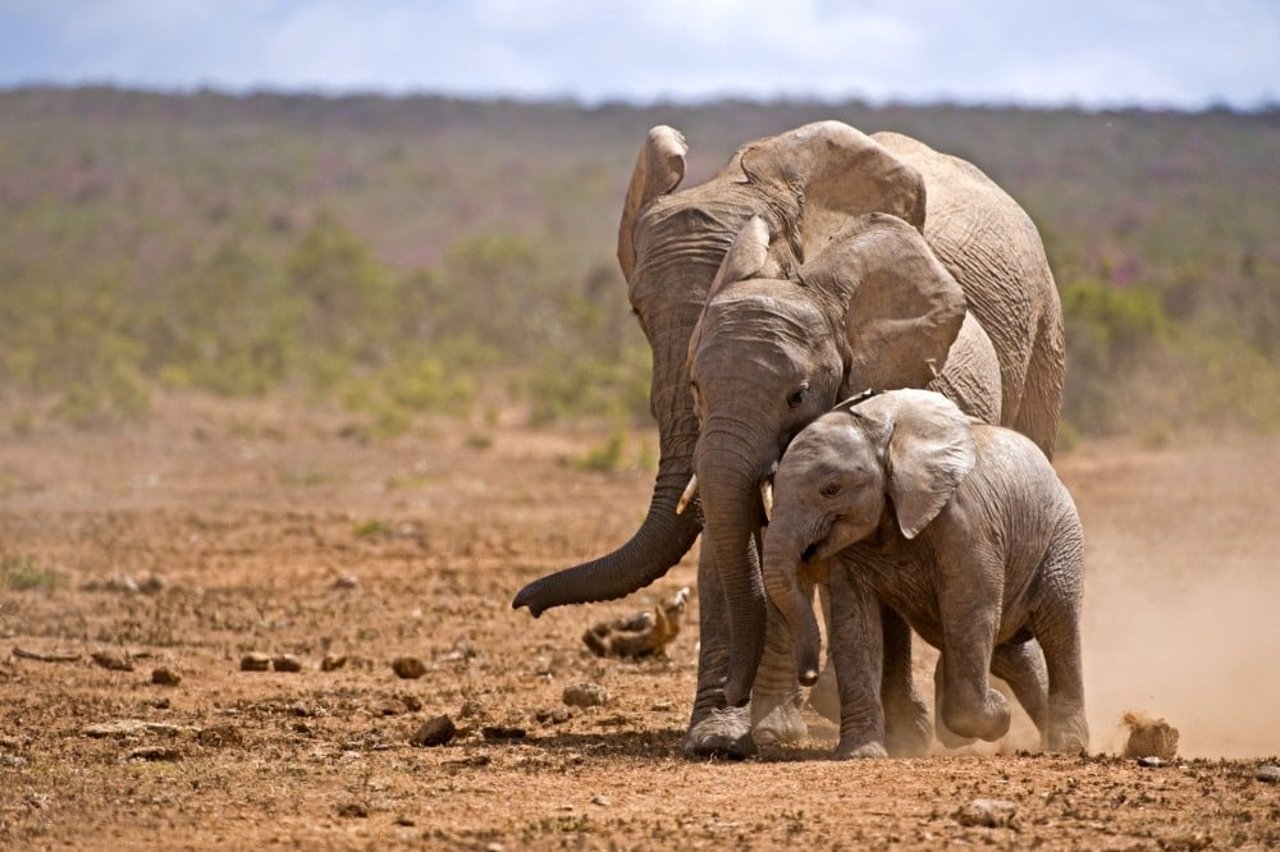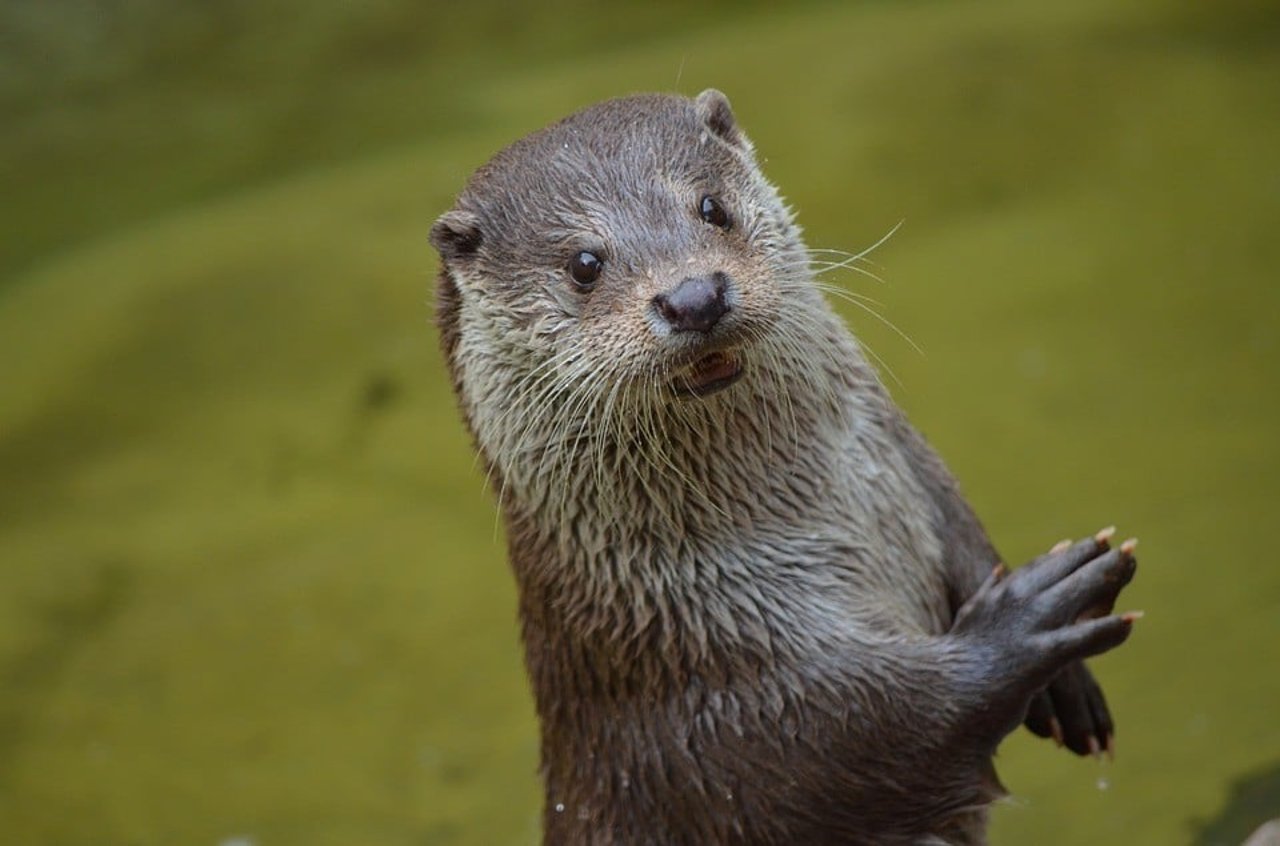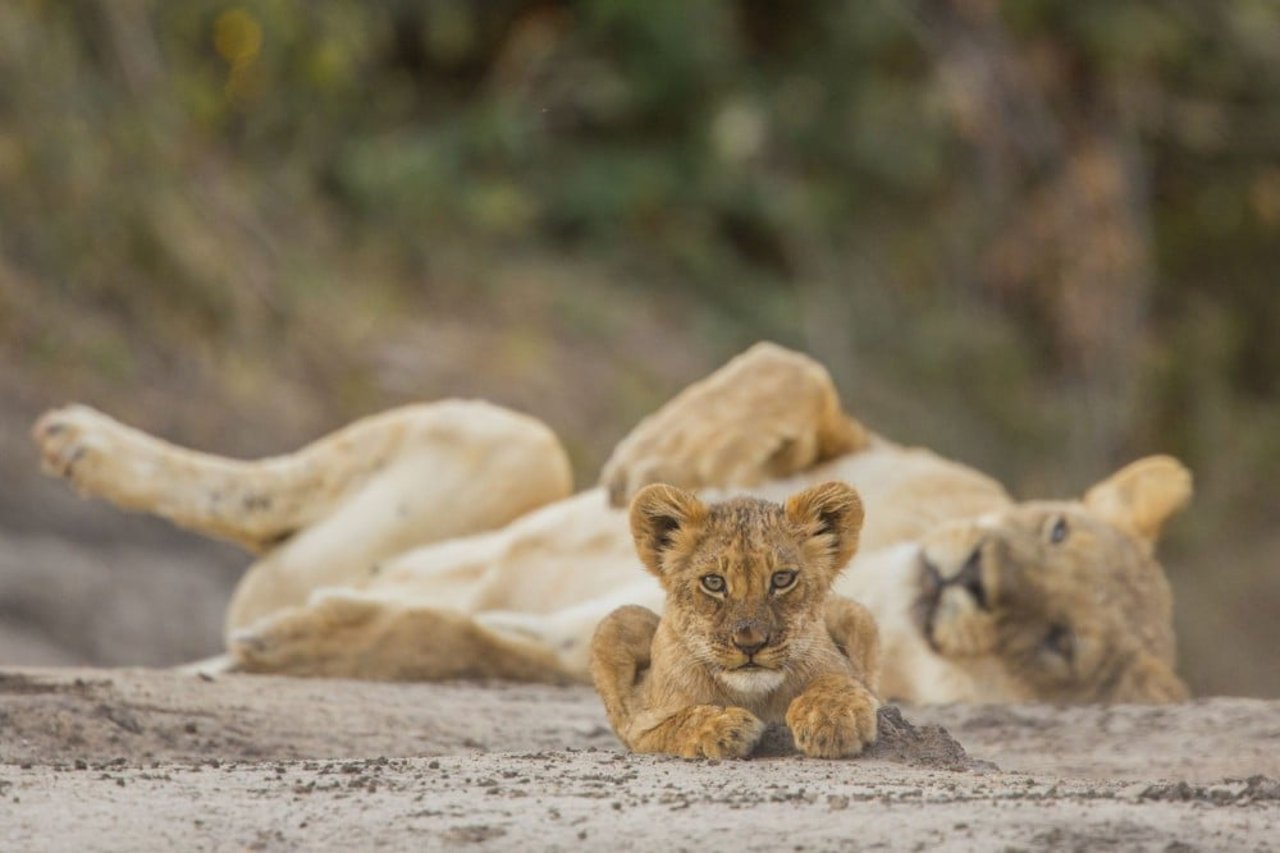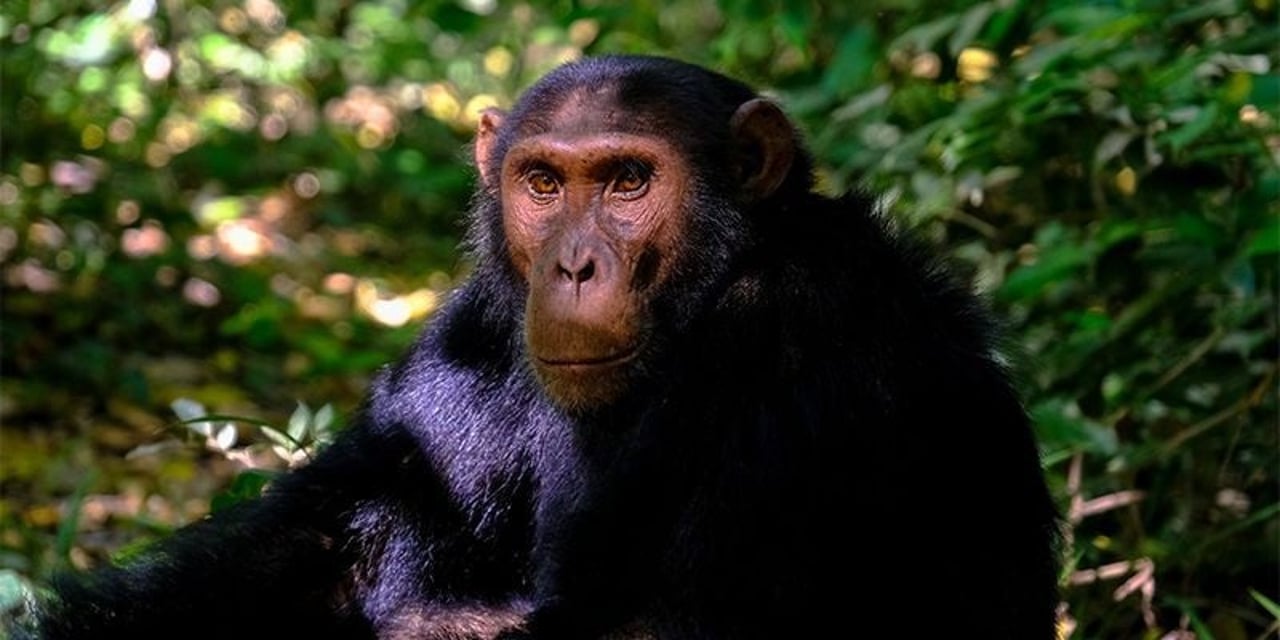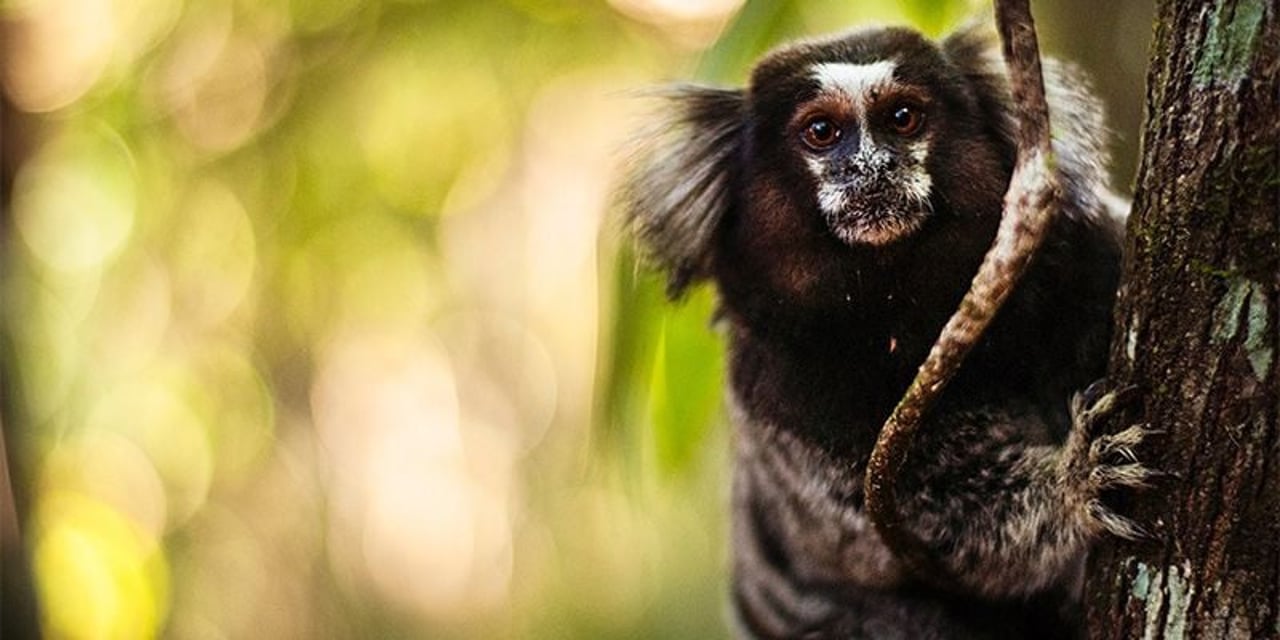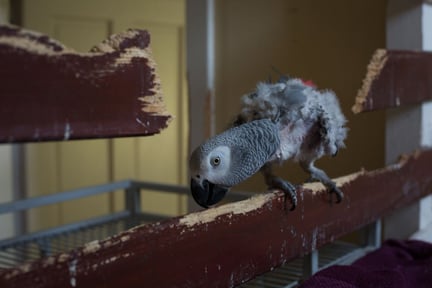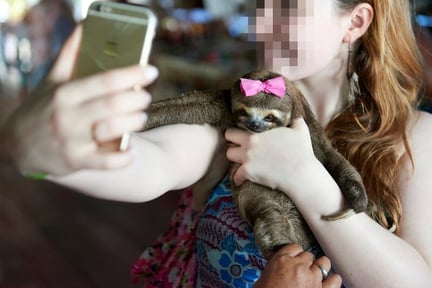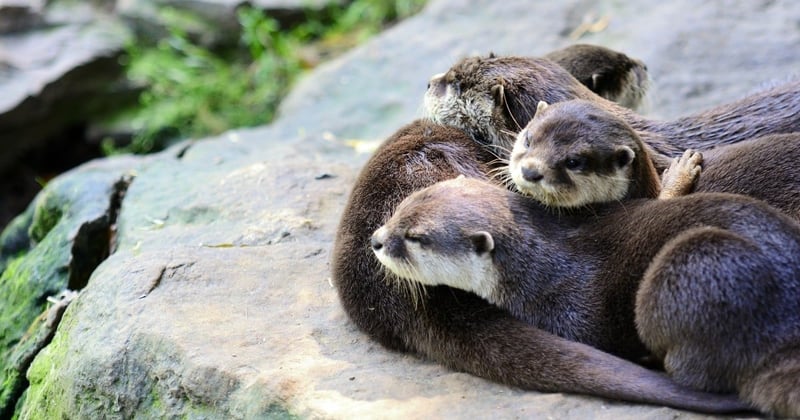
6 fun facts about animal siblings
Blog
Many wild animals have complex social lives and bond with their brothers and sisters in amazing ways!
On April 10, 2019 the world celebrates Siblings Day – a day to set aside any rivalry and enjoy the unbeatable strength of familial bonds. So forget why your siblings irritate you so much and take inspiration from these amazing brothers and sisters of the animal world.
Image: Addo National Park, South Africa. Photo credit: Getty Images.
Ladies got to stick together
While the males tend to live on their own, female African elephants and their calves stay together for their whole lives. In this new girl-powered family, they all look after each other’s babies – this helps keeps them safe, but it also teaches older siblings how they will mother their own calves someday. Learning from adults is one of the many reasons why elephants should be left in the wild.
Image: a wild smooth-coated otter. Photo credit: Creative Commons.
How many otters is otterly too many?
Asian short-clawed otters have very large families of up to 15 animals – can you imagine the noise? Older siblings will take care of the younger, and as long as their parents are alive, otter siblings often never part.
Image: wild lions in Zimbabwe. Photo credit: Getty Images.
Teamwork makes the dream work
Lion brothers and sisters each form their own alliances: females spend their lives together in groups called “prides," while males will set up coalitions when they set off to find a new pride to conquer.
Image: a chimpanzee in Uganda. Photo credit: Francesco Ungaro, Unsplash.
I’ll be there for you
If baby chimpanzees are orphaned, older siblings will often take on the responsibility to raise them. Occasionally, infants are adopted by chimps not related to them.
Image: wild orcas spotted in Antarctica. Photo credit: Bryan Goff, Unsplash.
Life is sweet under the sea
Research in the 1980s found that killer whale babies from the same mother form an extremely close bond and never separate for more than a few hours in their lifetime.
Image: a marmoset resting on a tree in Brazil. Photo credit: Paulo Infante, Unsplash.
Double trouble
Twins are very rare for humans, but that’s not the same for many mums in the Animal Kingdom: many primates regularly give birth to twins, such as marmosets, tamarins and pygmy loris.
The nine-banded armadillo even doubles up on twins - they only ovulate one egg, which later splits in four so that four identical quadruplets are born.
Help us keep wild animals in the wild
These amazing bonds between siblings are often only possible in the wild. Here’s how you can help animal families stay together:
Pledge not to buy a wild animal as a pet
Looking to buy a wild animal as a pet? Hopefully we can change your mind.
Sign the Wildlife Selfie Code
Commit to our Wildlife Selfie Code today, and help filter out cruel wildlife selfies.
